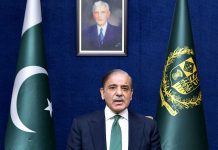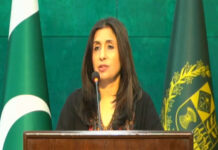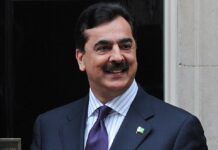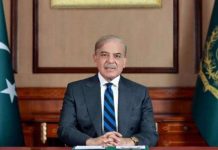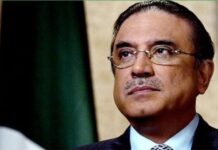Pakistan and the IMF executive board Wednesday reached a staff-level agreement reviving the $6 billion Extended Fund Facility (EFF) program, Bloomberg reported.
The move comes after the coalition government adhered to all “tough” conditions set by the Fund, including an increase in the price of petroleum products and energy tariffs, among others.
A confirmation from the IMF side was not available; however, the Fund does not comment on talks with countries before a formal statement has been released. The statement which was expected by Wednesday night had not been released till the filing of this news.
The first tranche is expected to be SDR894 million, equal to $1.2 billion. The program has been extended till July 2023, and total program size increased by $1bn to reach $7bn. The $1.2 billion disbursement is expected in August.
Bloomberg reported that the disbursal would bring relief to Islamabad as the country’s foreign-exchange reserves are depleting so much so that they can only cover less than two months of imports. The IMF in June 2019 approved a three-year, $6 billion loan “to support Pakistan’s economic plan, aimed at returning “sustainable growth to the country’s economy and improving the standards of living”. Pakistan unveiled a 9.5 trillion rupee ($47 billion) budget for 2022-23 last month aimed at tight fiscal consolidation in a bid to convince the IMF to restart much-needed bailout payments.
However, the lender later said additional measures were needed to bring Pakistan’s budget in line with the key objectives of the IMF program. The two sides held several meetings and agreed on the budget and fiscal measures. Pakistan had sought an increase in the size and duration of the program when Ismail met with IMF officials in Washington in April. Pakistan entered the IMF program in 2019, but only half the funds have been disbursed to date as Islamabad has struggled to keep targets on track.
The last disbursement was in February and the next tranche was to follow a review in March, but the then PTI-led government introduced costly fuel price caps which threw fiscal targets and the program off track Meanwhile, the rupee lost over Rs2 against the dollar during interbank trade on Wednesday. According to the State Bank of Pakistan (SBP), the local currency depreciated by Rs2.19, or 1.04 per cent, against the greenback and closed at Rs210.1. It had closed at Rs207.91 on Thursday, according to the central bank. The dollar has consistently risen in the currency market, but the inflow of $2.3 billion from China on June 23 changed the scenario as the rupee recovered Rs4.70 in a single session to Rs207.23 from Rs211.93. However, the US dollar snapped the rupee’s rising streak and gained Rs2.38 in the interbank market on July 5, the first appreciation in the new fiscal year. Since then, the greenback has continued to rise.



